As a photography amateur I always search for new ways to improve my photos, new ways to use my camera and to learn new things. Internet is full of everything so for sure you will find tutorials that learn you different tips and tricks that will improve you as a photographer. We always learn something new! So, I collected the newest photography tutorials for you ( and also for me ) so we don’t have to search anymore and waste precious time.
Let’s take a look and choose the ones that we have something new and interesting to learn from.
A Guide to Capturing Zippy Zoo Photos
Wildlife photography is difficult. It takes determination and money to succeed. You need good cameras, fast telephoto lenses plus time to spend on location with wildlife.
9 Tips for Making Lovely Landscapes
Today, we are going to look at 9 tips for improving your landscape photography. Nature can be an incredibly difficult thing to shoot. We’ll cover what equipment to bring, focus and composition issues and more. With the help of these tips, we hope to make shooting landscapes a bit easier.
How to use shutter speed in Photography
Learning how to use shutter speed effectively can create lively pictures and give motion to your subject without blurring your picture. Let’s define what it is and how it is measured, followed by some real world examples.


A Comprehensive Guide to Wedding Photojournalism
In this article, we’re going to look at an extremely popular style of wedding photography, wedding photojournalism. There are many ways to photograph a wedding day, but I choose to photograph weddings photojournalistically for two powerful reasons: I’ve been a photojournalist and it is in seriously high demand. I’ll walk you through a little history about the approach, and walk you through how I photograph a wedding.
Travel Photography Planning and Tips
How many times have you come back from a trip disappointed with the images you’ve taken? How many times have you though to yourself “If only I’d been there an hour early. If only I’d known that event was on today”. While it is true that hindsight makes everyone smarter, and no one can control the weather, it is possible to maximize your chances of success just by doing a little homework.
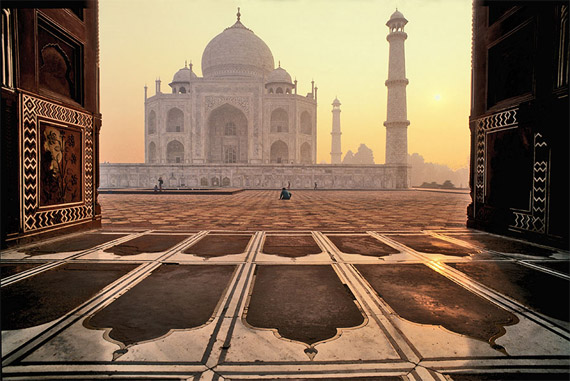
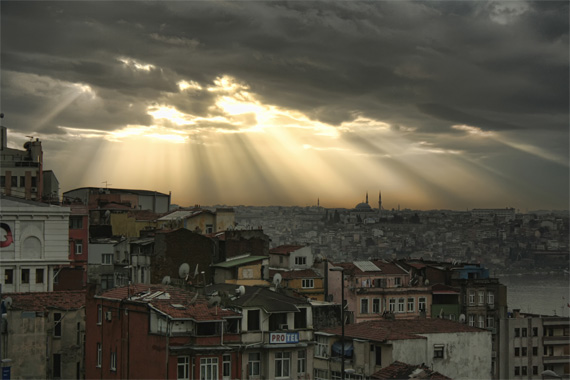
15 Ways to Pump Up Your Portraits
Today, we look at 15 tips for improving your portraits. These can be put into practice no matter what camera you have. They can help if you want a professional portrait to place on your wall or if you just want a striking new facebook profile picture.
Creatively Approaching Abstract Photography
Photography takes many forms and incorporates many different styles, most of which either fall into the categories of documentary or fine art. It is in the second category that we find abstract photography, a means of visual expression that’s purpose is not to inform the viewer, but to engage and excite.
Fungi and Mushroom Photography Tips
Most photographers shy away from shooting fungi, mostly because it is not seen to be a glamorous thing to do. Yet these life forms are just begging to be photographed and the picture potential is there to be taken. Fungi can be found anywhere where organic matter is decaying, especially in woodland, and in particular around autumn and early winter.

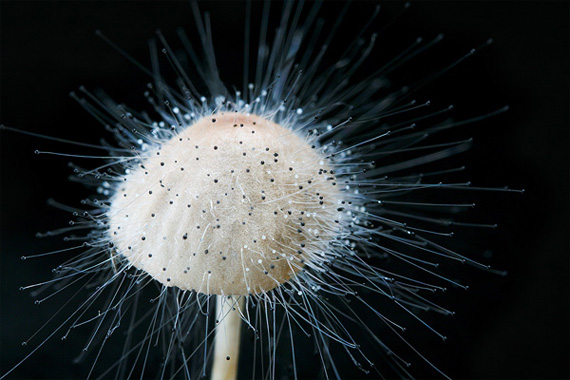

Astrophotography: Telescope Photography Tips
Most people love to gaze up at the night sky and enjoy the beautiful light show that nature provides, the stars, galaxies and constellations seem so close. It’s fun to imagine what earth was like millions of years ago when light from distant stars left on its journey through the universe, never stopping or slowing down, and finally reaching earth.


A Guide to Producing Beautiful Square Format Images
Medium format cameras, toy cameras like the Holga and Diana, and smartphone apps like Instagr.am are making the square format more popular than ever. In the digital age, the square format like film photography, certainly isn’t dead.
Going Instant: A Guide to Instant Cameras, Film and Photography
The digital age is all about speed. Faster processors, faster data transfers, and faster photos. While a digital camera allows you see what an image looks like immediately, it’s still just a collection of dots on a screen: battery dependent and intangible. For truly instant photos, you need to look into the past to instant films. Polaroid-style instant photos are making a come back. In this article, you’ll find a quick guide to instant photography: the cameras, the film, the advantages and disadvantages.
Flying on the Ground: Photographing the Joy of Kite-Flying
Kite-flying provides a unique opportunity to photograph something different and practice techniques which may help with other forms of photography. In this tutorial, we’ll talk about what I found unique about photographing kite-flying and how it helped improve my ability to capture action as well as informing me when to shoot wide and when to shoot tight. Photographing kites is a great way to pick up a new hobby and it brings new meaning to the phrase, “go fly a kite.”
Why You Should Use Natural Light
Natural lighting in photos can give off a pure vibe that artificial lighting often has trouble providing for you. There are several techniques you can use when using natural light photography.


10 Steps To Taking Better Photos
If you were to sit down and learn how to use everything on your camera in one sitting, you’d be completely lost by the end of it. Cameras are pretty complicated and take time to fully understand, so take my advice and start with these 10 easy steps and you’ll soon pick the rest up along the way.



Basic Composition Techniques: Frame Within A Frame
Frames are a great way of using a photographic element to lead the viewers eyes into the frame to focus them on a particular point, and the sense of repetition that they can provide produce depth and a path for the eyes to explore. A photo of a scene with a foreground feature makes for much more interesting build up to the main part of a photo and can, in some cases, carry equal weight to the rest of the photo.
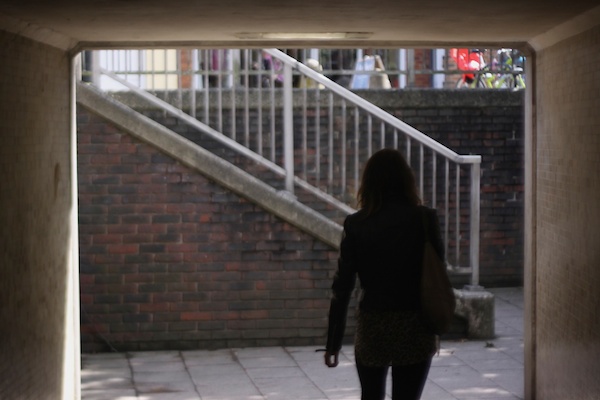
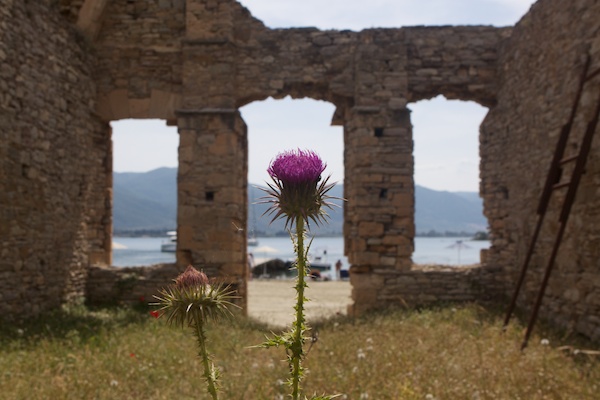
Beginner Photography Tips
This is an article targeted toward beginners just starting out. It is not very technical information, rather it focuses on some simple yet important tips that beginners should consider.
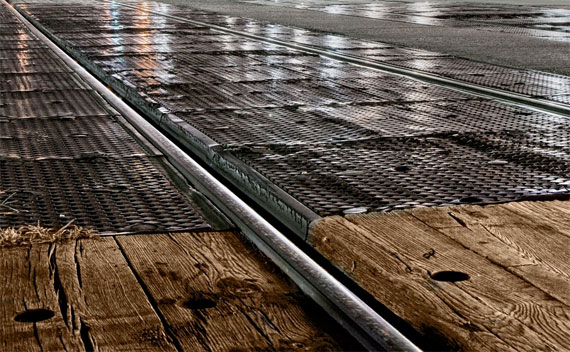
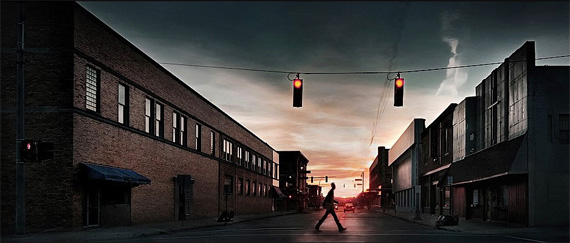
Using the Bokeh Effect in Child Portraits
“Bokeh” is a beautiful soft effect in which the background of a photograph becomes like circles of blurred, translucent light. As a professional photographer, my lifelong quest has been to consistently capture images of a child’s face in which everything in front of and behind the eye gradually falls out of focus and the background dances with bokeh. The key to this effect, which I like to call, “Bokeh Nirvana,” is in the use of three very basic settings. (Although I have included a smattering of techie translations in italics, feel free to ignore them.)



Tripod Shopping Tips
Most people tend to think of tripods as being a “unit”. In reality, most full-sized tripods can be purchased as two parts: the legs and the head. These parts may come in various configurations so that you can customize the tripod that best suits your style of shooting, your budget and even your height!
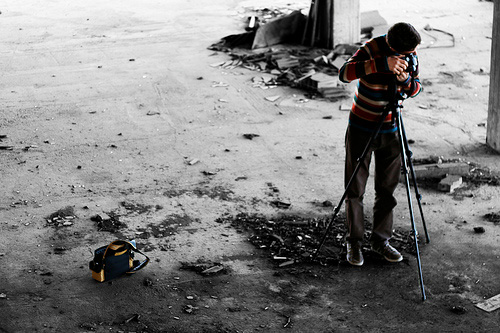
Dog Agility Photography Tips
Dog agility photography is not the easiest of skills to master. The speed of the dogs, together with the pace at which dogs change in the ring, means the photographer needs to be on the ball all the time, and ready for any eventuality.

How To: Low Light Photography
The buttons you press on a camera to produce the right exposure in low light, are all the same as when you shoot in the middle of the day; the same rules of exposure apply, it’s just a little harder to get there. When there’s less light in a scene, you have 2 choices; either you create more light yourself or you change the settings on your camera to react differently to the light available. This tutorial is all about how to do that.



How to Hold a Camera Steady
If you are new to photography and do not know the correct way of holding your DSLR, then I recommend that you continue to read this article. Do not underestimate this because your inability to grip your camera properly will indeed affect the results of your photography attempts.
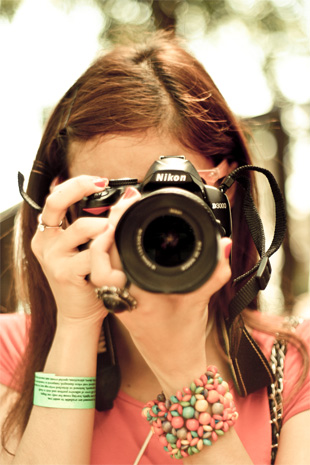
Basic Composition Techniques: Vertical Lines
Vertical lines come right after horizontal lines in importance and that’s for a single reason – the way our eyes view an image. Our eyes scan a photo from left to right horizontally and will pick up horizontal lines first, and because of this, vertical lines are excellent at complimenting horizontal lines with their perpendicular, stopping nature when they intersect. This is a great technique to adding tension into a photo.


LensBaby Lenses Guide
Right this minute there is a DSLR camera gathering dust on a shelf. It was purchased this last year because the photographer wanted to step up from a compact to get better pictures. There was no disappointment, the pictures that the photographer takes are better. Yet the camera is still stuck in a closet waiting for the next holiday or event.



Analog Photography and 120 Film
120 film is a type of medium format film that was introduced in the beginning of the 20th century by Kodak. At the time, it was used all over the world by amateurs as well as professionals. Later on 120 film was gradually replaced by 35 mm film as the most popular format.
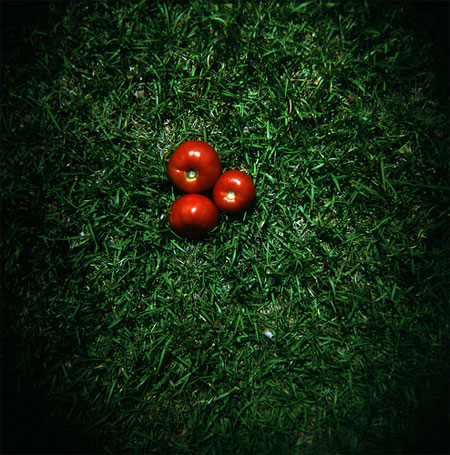
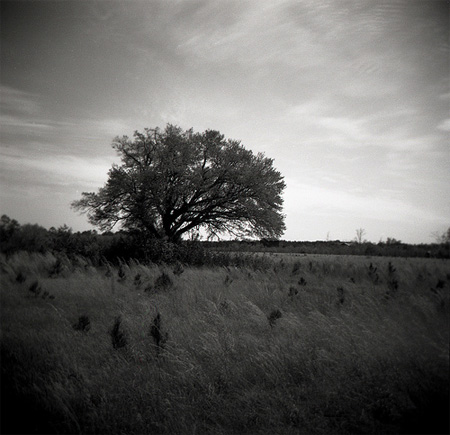
How To: Working With A Model
Working with models is a great way to experiment with photos that you couldn’t take on your own, and it often leads to even better photos as you have someone to bounce ideas off. This post covers everything you need to know about working with a model and how to act professionally around them to get the best results.


Candle-Lit Portrait: Photography Activity
The shutter speed. In a dark setting in Aperture Priority mode, your camera will choose the best shutter speed for the aperture value you selected. Don’t be surprised if it chooses a very slow speed, like ¼ to 1/15 second. You’ll have to stabilize both your image and your subject. You can increase the ISO, but at some point you’ll either hit the top ISO of your camera, or the noise of the camera’s sensor will make the image quality poor. This is the key tradeoff of images taken in low light – shutter speed vs ISO/noise!


Garden Flower Photography Tips
Short of ideas and inspiration when you want to go out and shoot some photographs? If you live in a house and have a garden, then step outside your door and into a world of inspiration. There is just so much to shoot and right on your doorstep. Here are some great keys to having fun with photography as you learn digital photography in your back garden.
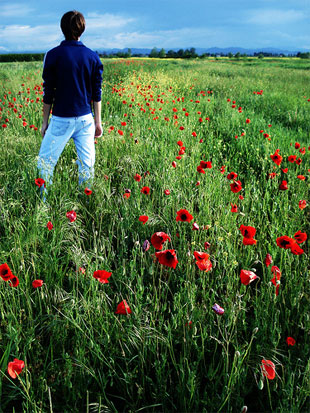

Understanding Metering Modes
Metering is the process that the camera goes through to look at a scene and work out what the exposure should be. There’s a variety of different modes that you can use to best suit the type of photo that you’re taking and in this post we’ll be looking at exactly what the modes do and when you should be using them.














 5263
5263 2074
2074 1147
1147










I like what you guys are usually up too. This type of clever work and exposure! Keep up the excellent works guys I’ve incorporated you guys to my blogroll.